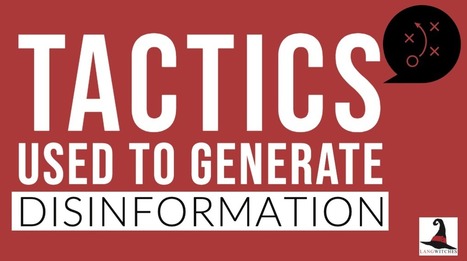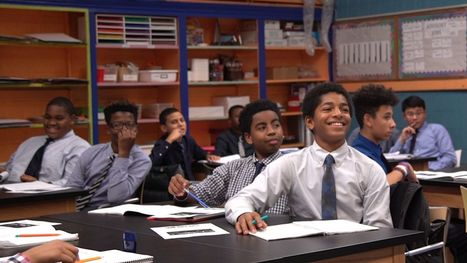Disinformation is false information spread deliberately to deceive. This is a subset of misinformation, which also may unintentional. […] misinformation refers to inaccuracies that stem from error, disinformation is deliberate falsehood promulgated by design.
So, if disinformation is…deliberate falsehood promulgated by design…, maybe we should unpack and study the design of such information in order to be better prepared and aware to take action when we encounter such falsehood.
The digital age has heightened our vulnerability to falsehood, but recognizing such weaknesses can help guard against them
Research and publish the best content.
Get Started for FREE
Sign up with Facebook Sign up with X
I don't have a Facebook or a X account
Already have an account: Login
News, reviews, resources for AI, iTech, MakerEd, Coding and more ....
Curated by
John Evans
 Your new post is loading... Your new post is loading...
 Your new post is loading... Your new post is loading...
|
|
















